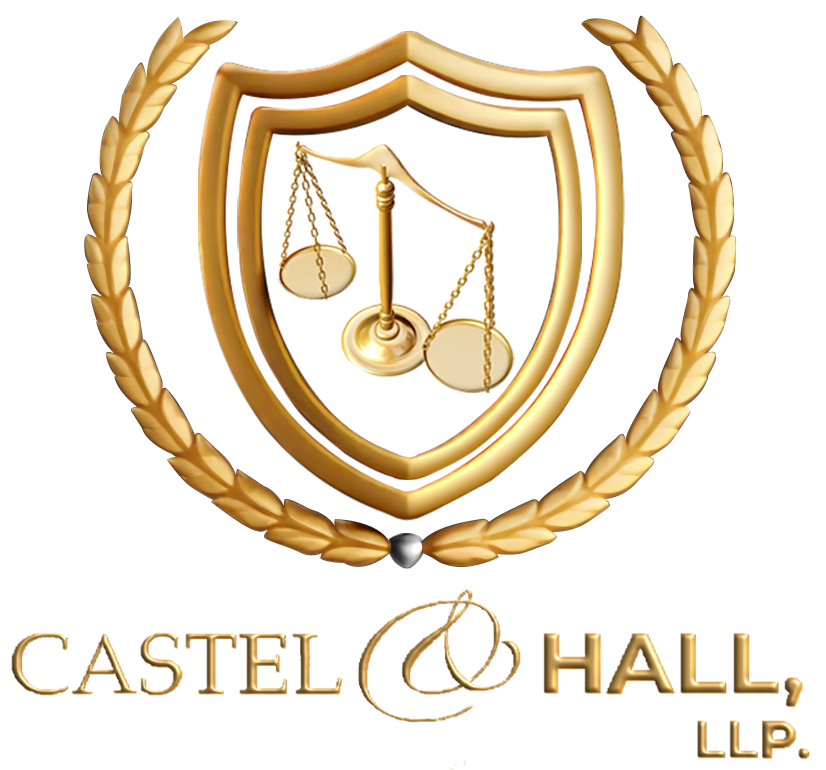Massachusetts
family immigration lawyer helping you reunite with loved ones
Marriage visas, fiancés, parents, and children
Castel & Hall LLP guides U.S. citizens and permanent residents across Massachusetts through petitions for spouses, fiancés, children, parents, and siblings. From Woburn and Framingham to Boston and Worcester, our team prepares complete filings and coaches you for interviews so your relationship evidence is organized and persuasive. We integrate your plan with broader
immigration law considerations—like admissibility and prior travel history—to avoid unnecessary delays.
Immediate relatives and preference lines
Immediate relatives of U.S. citizens (spouses, unmarried children under 21, and parents) have no annual visa cap; other relatives wait in preference categories with priority dates. We explain timelines and choose the right path—adjustment of status in Massachusetts or consular processing abroad—so your case moves efficiently. After approval, you can plan for
citizenship and naturalization when eligible.
I-130 petitions, K-1 fiancés, and I-751 conditions
Our attorneys manage I-130 and K-1 petitions, I-485 adjustment, NVC and embassy steps, and removal of conditions (I-751) for two-year green cards. We prepare clients for interviews at USCIS Boston and coordinate documents from family members abroad. If inadmissibility issues arise, we evaluate immigration waivers to prevent denials and keep cases on track. For those in court, we collaborate with deportation defense strategies to protect status while a family case proceeds.
Family Immigration & Green Cards – FAQ
Should I adjust status in the U.S. or do consular processing abroad?
If you entered the U.S. lawfully and are an “immediate relative” of a U.S. citizen, adjustment may be possible here. Unlawful entry, prior orders, or certain violations may require consular processing and/or waivers. Strategy is case-specific.
What is “public charge,” and will it affect my case?
Most family applicants must submit an I-864 Affidavit of Support from a qualified sponsor. Current rules focus on the sponsor’s income and the applicant’s self-sufficiency; policies change, so check the latest before filing.
How do I prove a bona fide marriage?
Joint documents (lease, taxes, bank accounts), photos over time, travel, kids’ records, and affidavits help. Consistency between applications, interviews, and social media matters.
What happens if my I-130 is approved but my category is “backlogged”?
Preference categories use the Visa Bulletin priority-date system. You wait until your date is current, then complete consular or adjustment steps. Track both “final action” and “dates for filing.”
Can my spouse who overstayed a visa adjust status?
If they entered lawfully and are an immediate relative of a U.S. citizen, many overstay issues can be forgiven for adjustment. Unlawful entry, prior removal, or certain crimes change the analysis.
What if we receive a Request for Evidence (RFE)?
Don’t panic—but respond thoroughly and on time. RFEs are common for insufficient financials, identity, or relationship proof. A tailored response prevents denials or more delays.
Do I need a joint sponsor?
If the petitioner’s income doesn’t meet guidelines, a joint sponsor can file an additional I-864. The sponsor commits to a binding financial obligation until specific termination events occur.
How soon can a new permanent resident apply for citizenship?
Generally after 5 years as an LPR; 3 years if still married to and living with a U.S. citizen who has been a citizen for at least 3 years.
Proving bona fides and solving roadblocks
We help document real marriages, address prior overstays or entries, respond to RFEs and NOIDs, and prepare clients for detailed questioning. Castel & Hall LLP’s multilingual approach—English, Spanish, Portuguese, French, and Haitian Creole—ensures everyone in the family understands each step.









